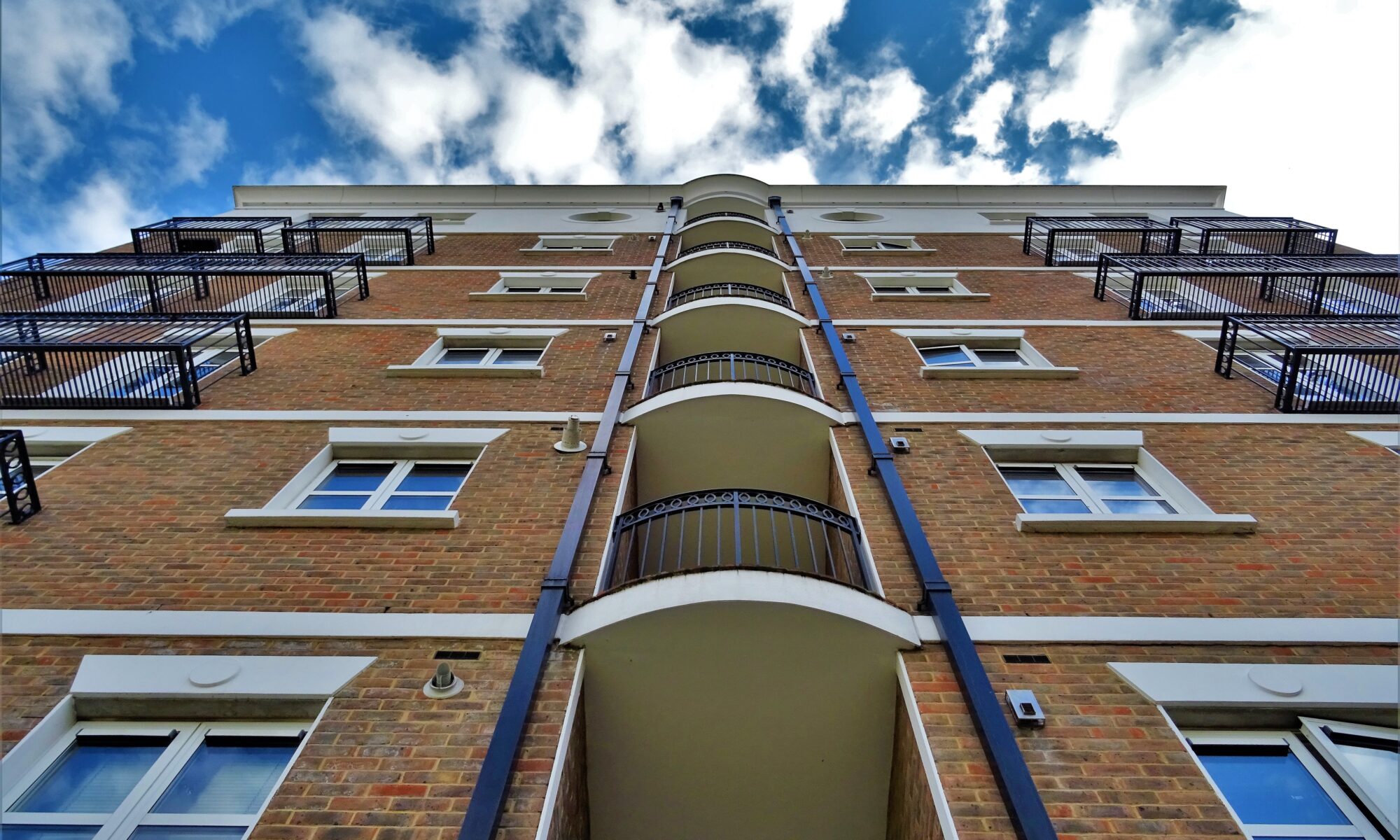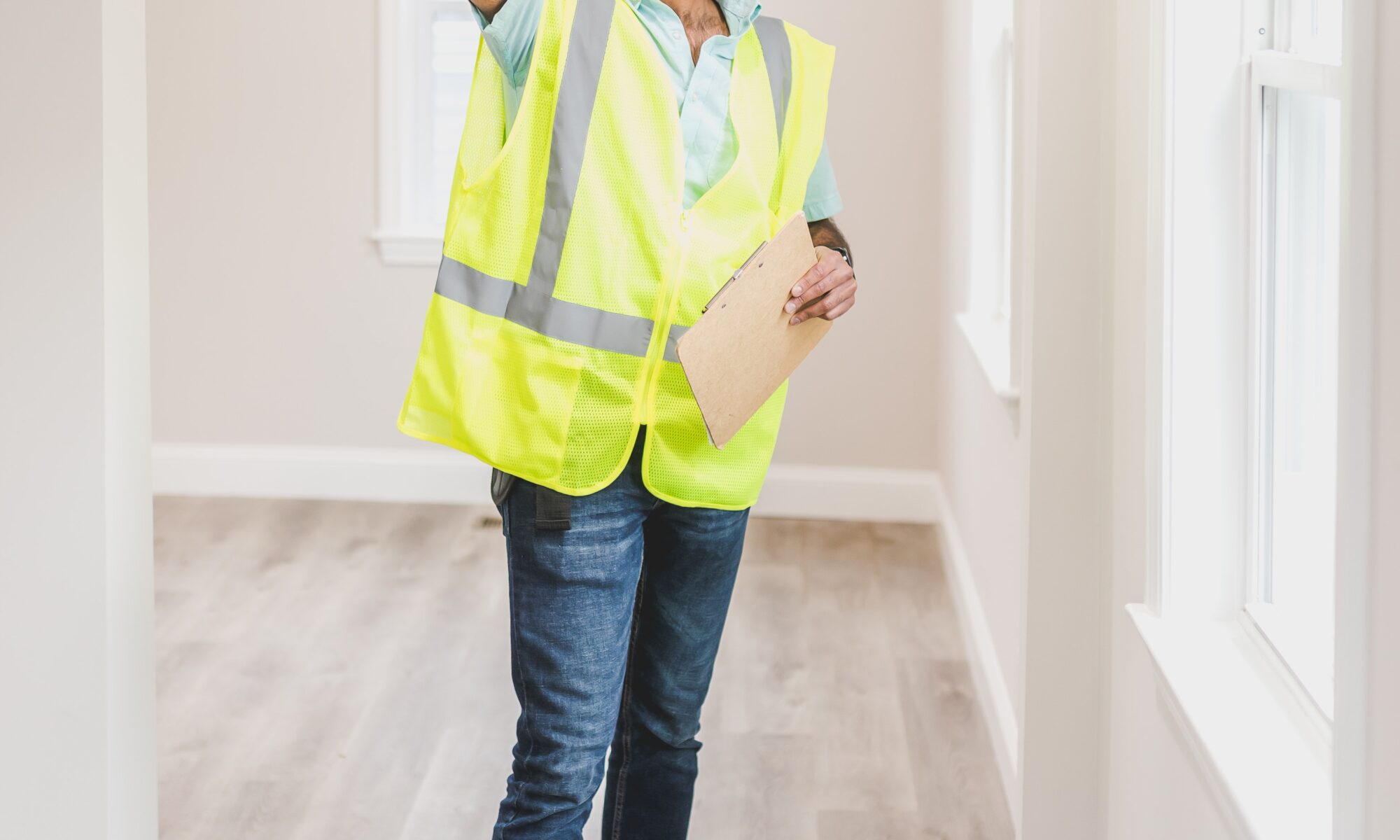Resident complaints are an unfortunate fact of life in the property management industry. It’s impossible for everything to go perfectly all the time, and when something goes wrong, residents are sure to have an issue. Still, there are steps you can take to minimize the number of complaints you encounter. Here are a few of the most common resident complaints — and how you can avoid them:
Property condition
It’s inevitable that property conditions deteriorate over time, and that can lead to major problems in units you manage. Whether caused by normal wear and tear or by something the resident did — problems with floors, walls, windows, and doors can arise, and those issues can be urgent, depending on the exact nature of the problem and weather conditions. Make sure to stay diligent about conducting regular inspections and preventive maintenance to catch these issues before they become a major problem. Preventive maintenance can be a daunting task — but we’ve got you! Check out our list of tasks you need to perform every year to keep your property in tip-top shape.
Pests
The presence of pests on the property is bad news for both residents and the property manager. Again, inspections and preventive maintenance can help prevent pest problems from arising or catch the issue early before it gets out of hand. If pests do become a major issue, make sure that your communication with residents is good and that the problem is handled quickly and efficiently.
Broken or malfunctioning appliances
If you provide appliances for your residents, it’s also your responsibility to make sure that they remain in good working condition. That means getting the issue fixed if an appliance breaks down. Communication is key here — make sure your residents know that you’re on top of the issue, and let them know clearly when you expect the issue to be resolved.
Parking disputes
Not all properties offer parking, but for any that do, it can be a source of trouble. Residents may have disputes with one another when one resident parks in another’s space, when visitors park in places where they aren’t supposed to or stay longer that they’re supposed to, or when people park in places that aren’t designated parking spots at all. Make sure to do your part by stating all parking rules clearly and firmly and fairly enforcing the rules whenever a dispute arises.
No matter your business goals, ManageGo has your back. To discover just how our software solutions can benefit you and your unique property management needs, request a demo today. Or, connect directly with one of our experts and get started on your journey to better property management.
Want even more? Get your fix and follow our socials for all the latest property management tips, tricks, & trends!









